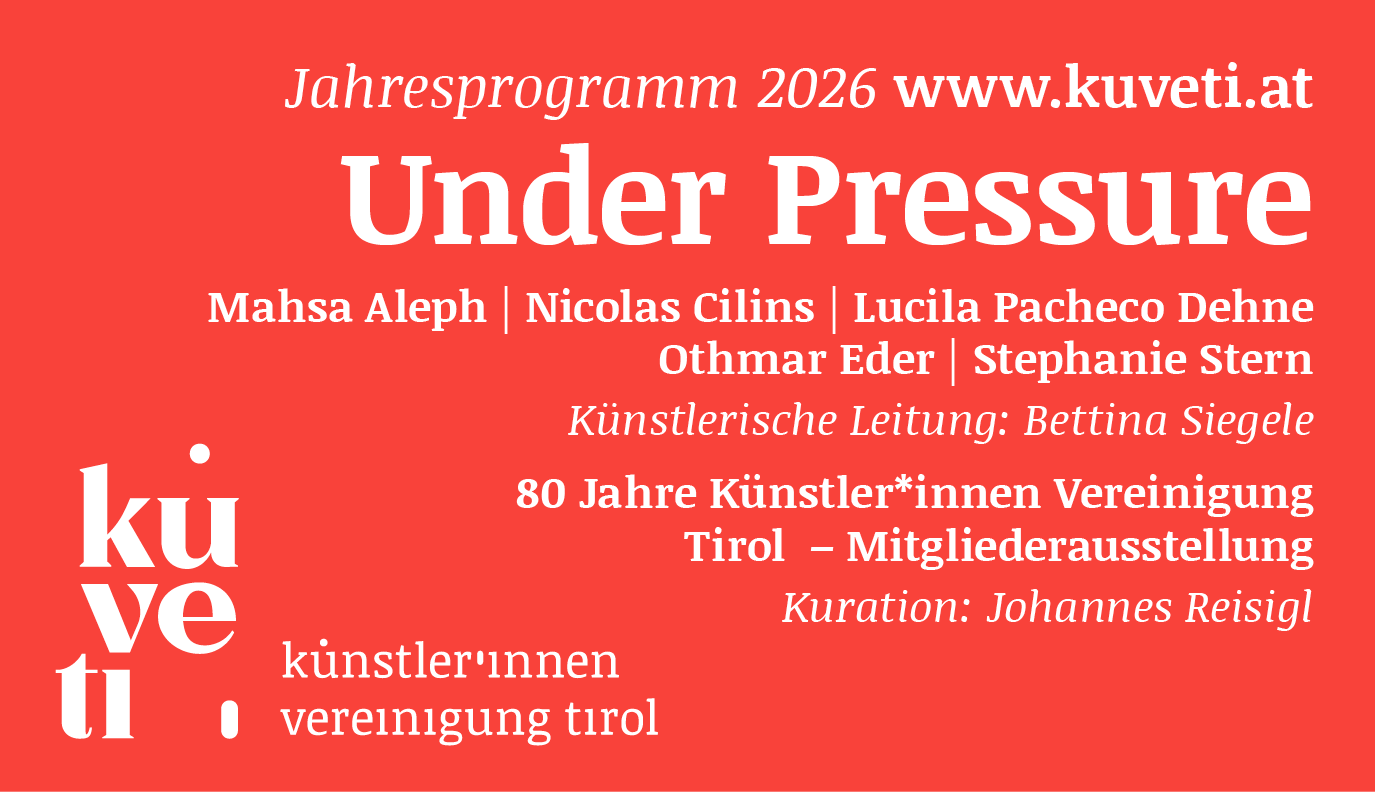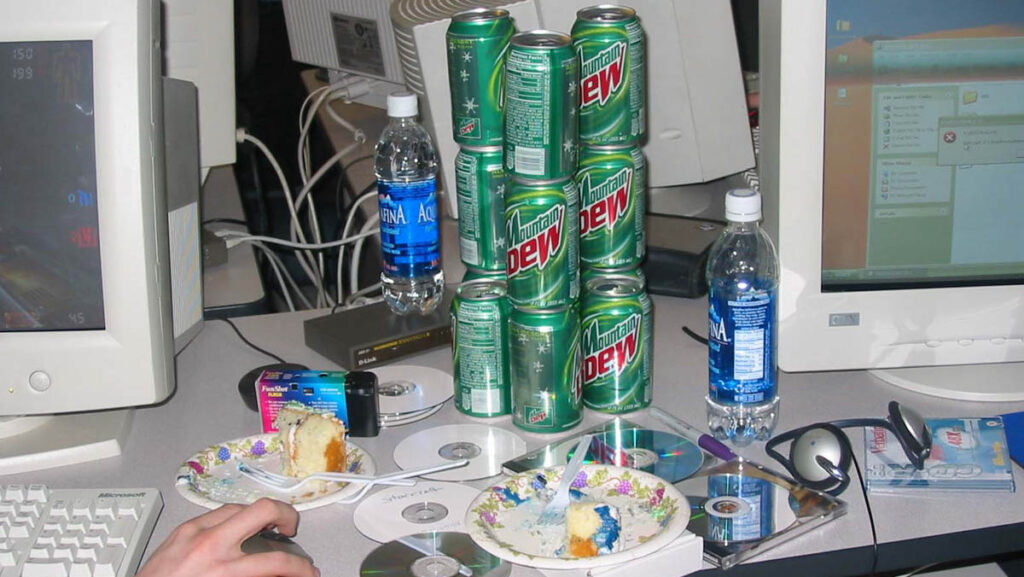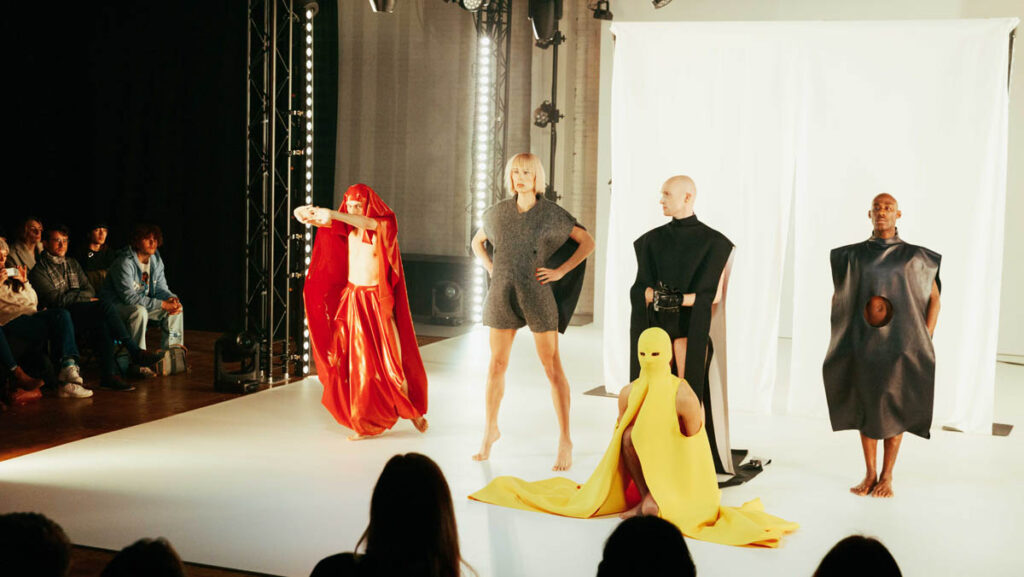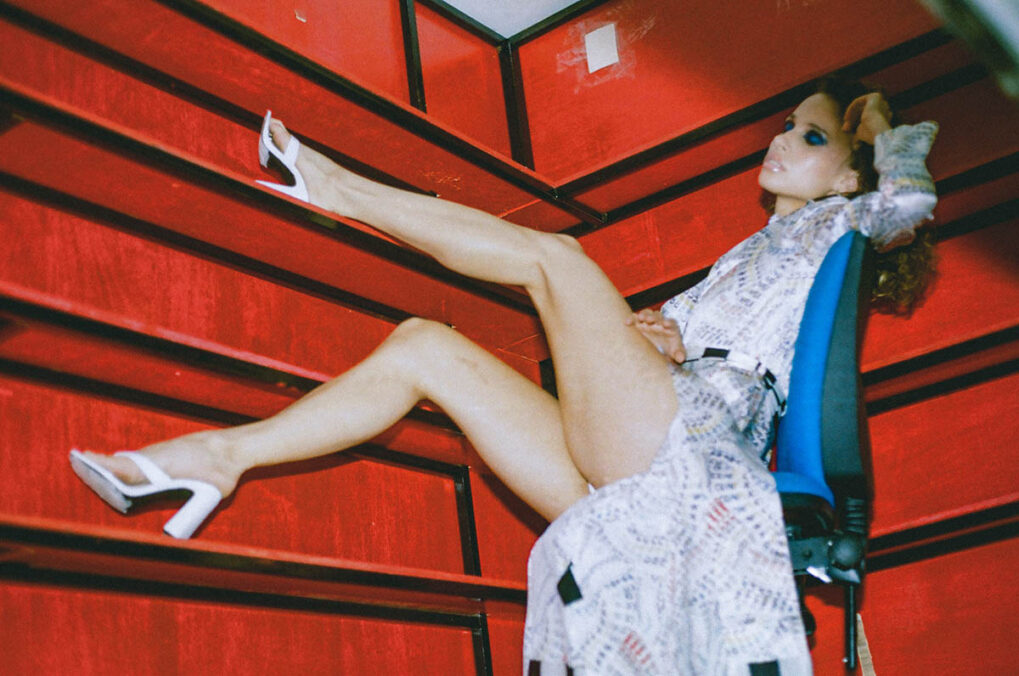
But it was only in College that she started shooting films. Claudia got hooked instantaneously as she l looked at her very first prints. They looked fantastic and she had to keep doing it.
What influences your work as a photographer?
When I started to introduce myself as a photographer, Nan Goldin’s work was a very recurring toping when it was about to name my inspirations. Her experiment has never been too centered on technical aspects. I think she was trying to show what was happening around her and share her own story. And I wanted to do the same. I wanted my visuals to look like a documented diary of my life. Now I realize I don’t seek vulnerability as much as she does. Or at least not in its obvious form.
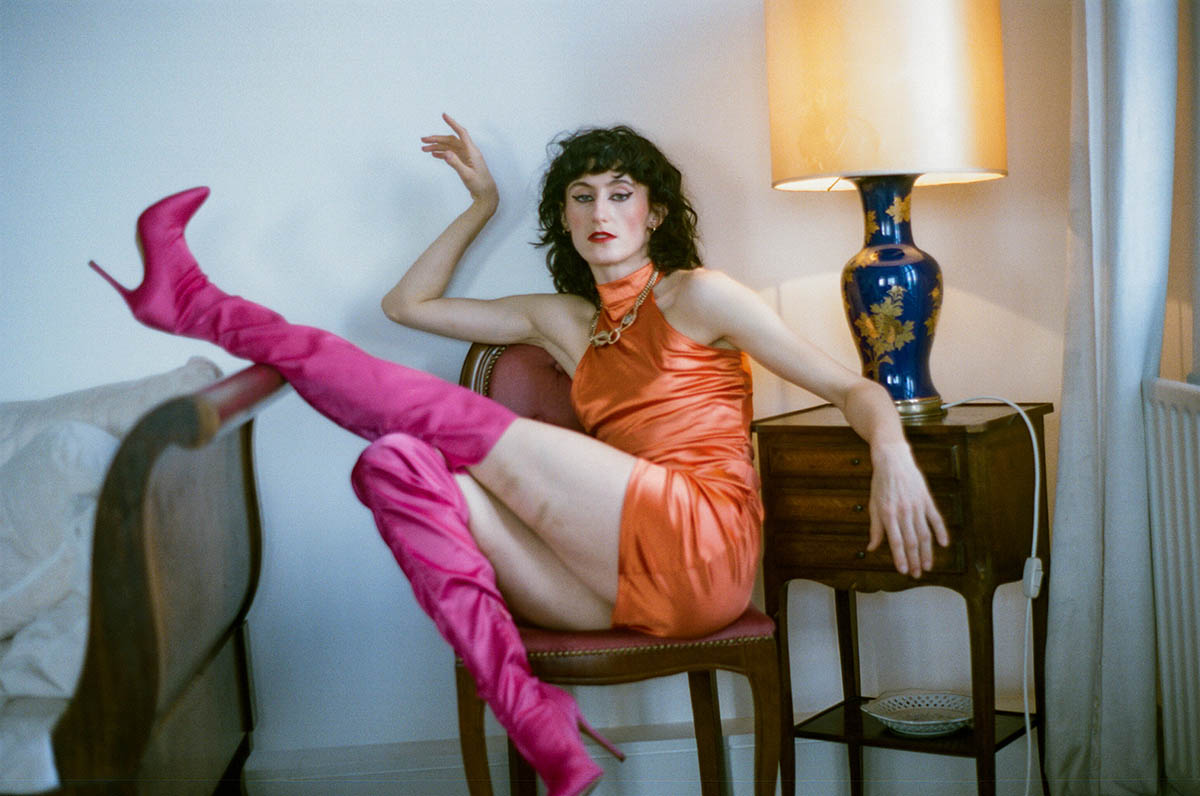
I like when people put on a show, I like to see their ego trips. I think my intention can easily be reduced to „does it look good and does it have a sufficient amount of primary colors“. And this simplicity of the method is definitely inspired by my grandmother who was a drawer and seamstress. But a couple of years ago I read the biography of Cosey Fanni Tutti and my life until then really looked like hers in many aspects. It really comforted me in the nonsense of the decisions I make sometimes. Cosey is more of a performer rather than a photographer, but her whole life is the performance.
My work isn’t transparent documentation of my life. I, on other hand, have very little to no privacy, and I’m really excited for the day my work will reflect the extent of the medium I’m using, which doesn’t limit to a camera.
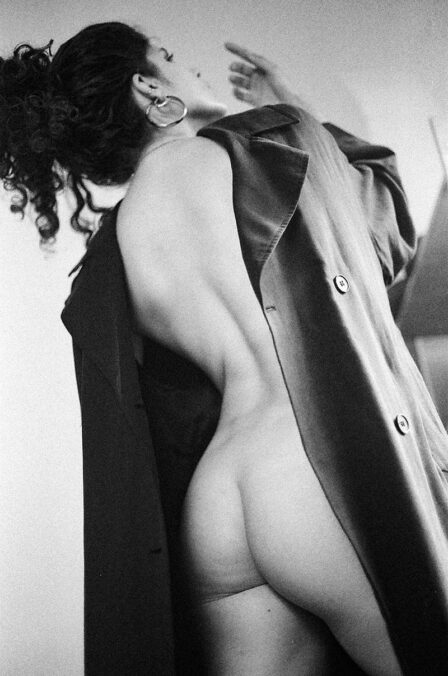
Photographer London Interview 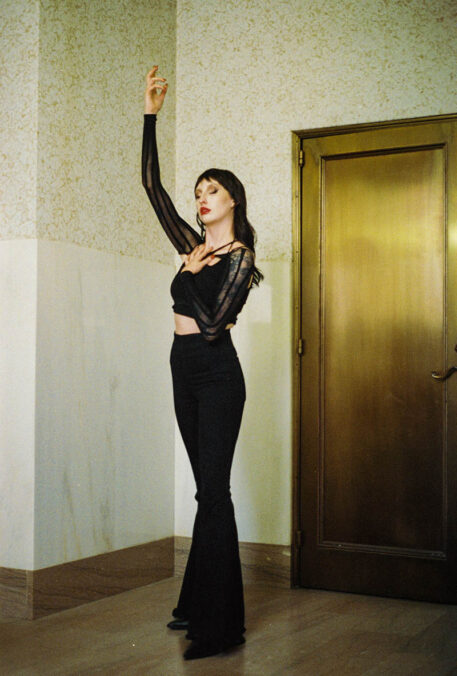
Photographer London Interview 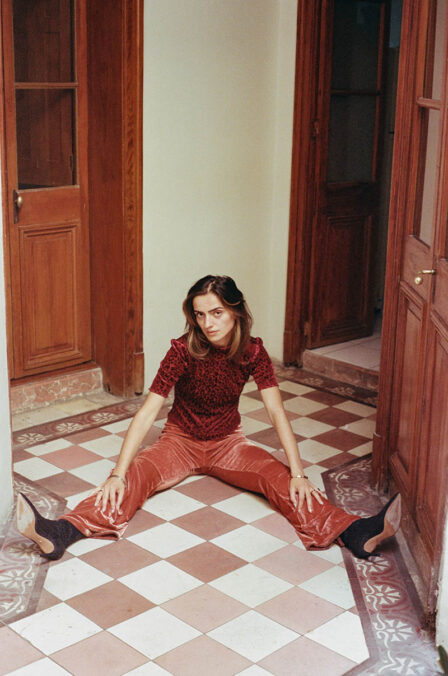
Photographer London Interview 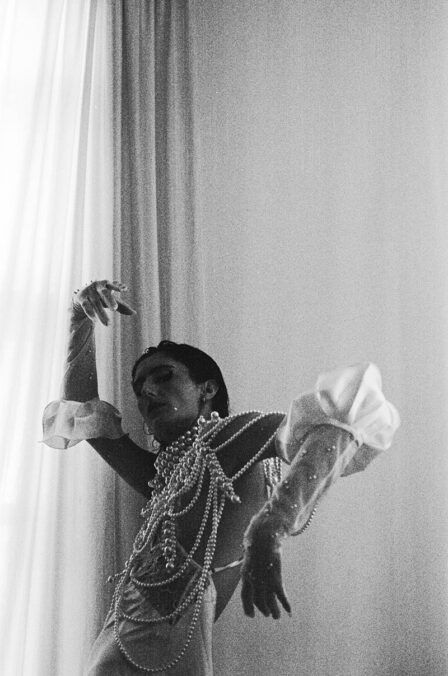
Photographer London Interview
How do you approach scouting a location?
With locations like with people, I never know if they’re going to turn out well before I point a camera at them. So I do a lot of walking and I try to keep an eye out for new places, but I know that often those places I see might end up being starting points and the climax of my shoot will probably be somewhere unexpected found on the spot. I often shoot very spontaneously with friends or people that don’t mind me experimenting with them, so I have good training in making the most out of nothing in terms of space. I stopped looking for spectacular locations, it’s often disappointing or hard to do justice to. But it’s great to have a plan, or a starting point, and watch it evolve and completely change.
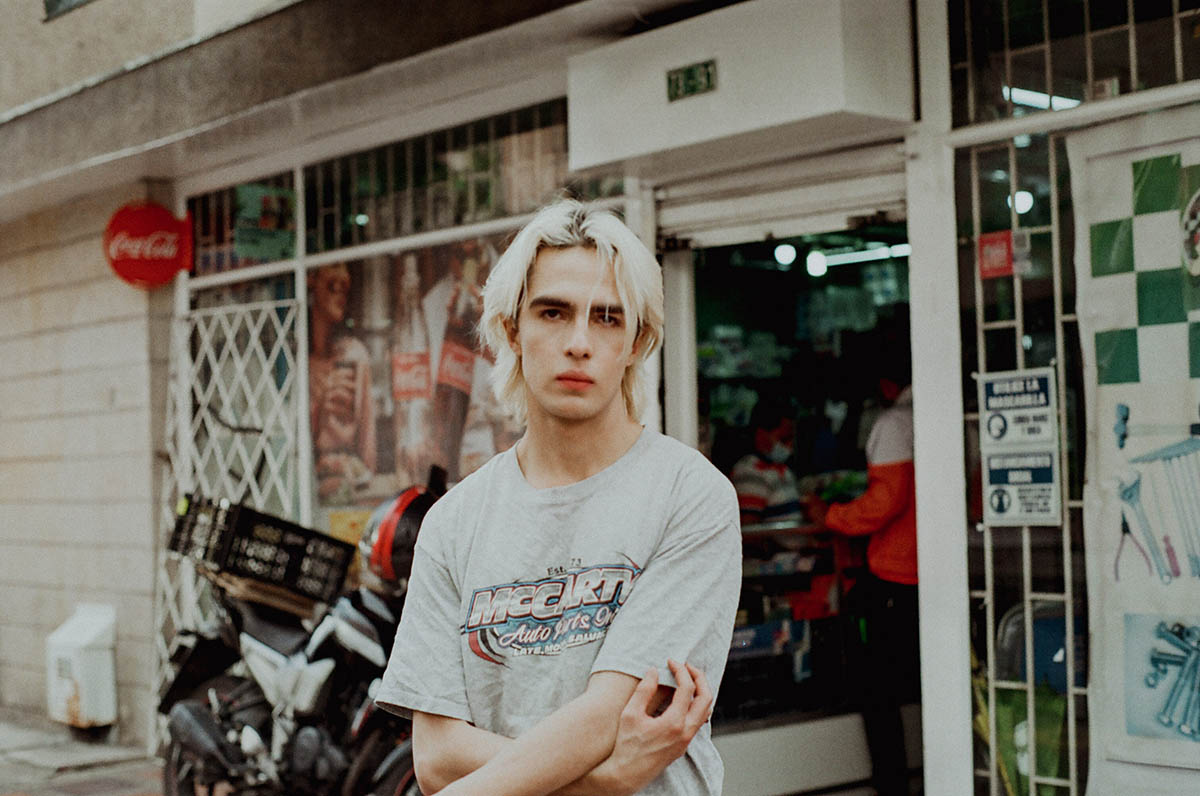
Photographer London Interview 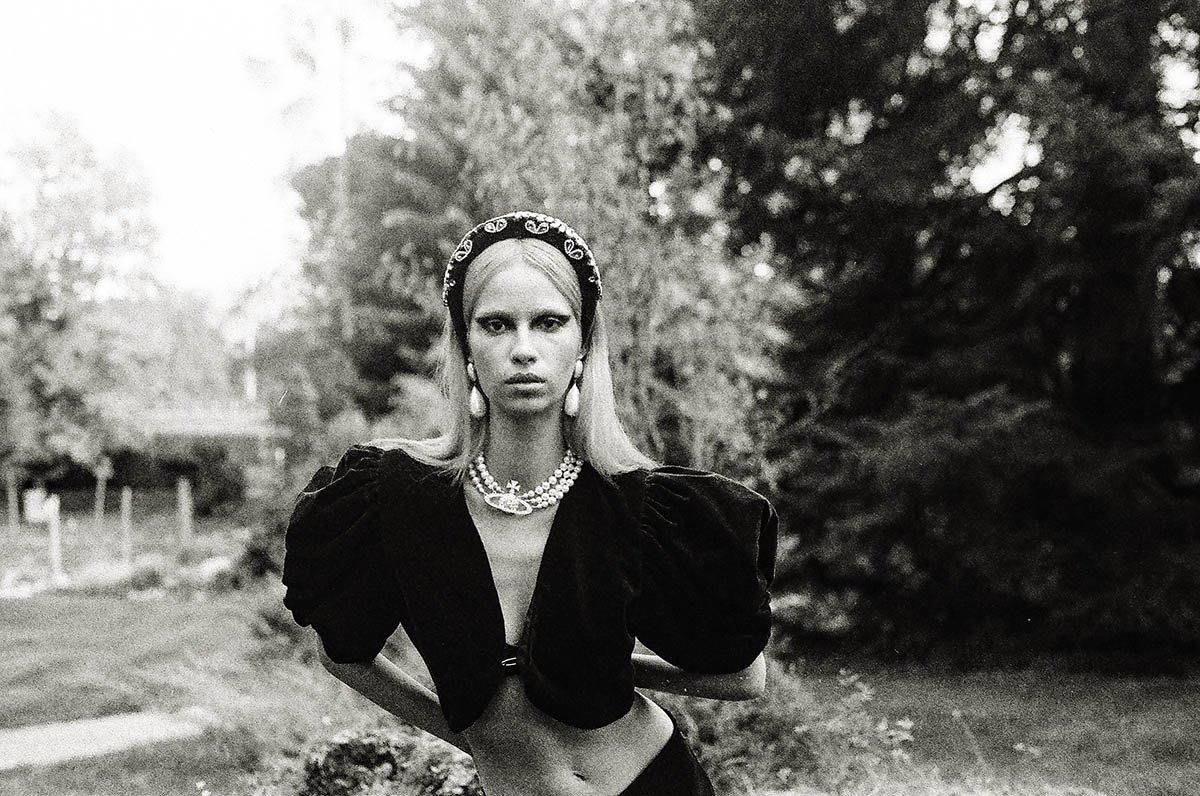
Photographer London Interview
What does a photograph mean to you?
A photograph didn’t mean much to me before the film. It was just this tool of research toward my equation of aesthetics. Now, since 35 mm happened to me, I’m actually really obsessed with my negatives. I move around a lot and keep collecting more and more of those, they’re so important to me. I look at them thinking „this is chemistry, this is a physical capture of the light of this moment I witnessed“. If I’m being fully honest it affects my relationship with time. I think I’m giving myself this small illusion that I can freeze time. I’m not fully comfortable with time being irreversible yet.
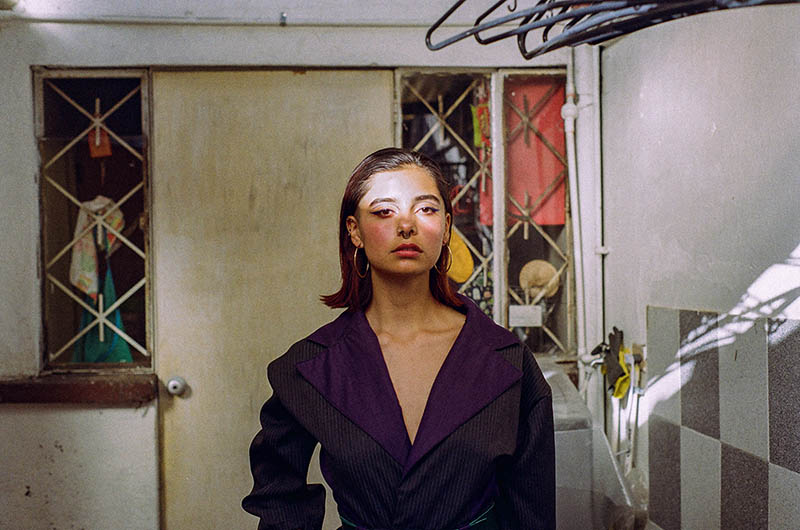
Photographer London Interview 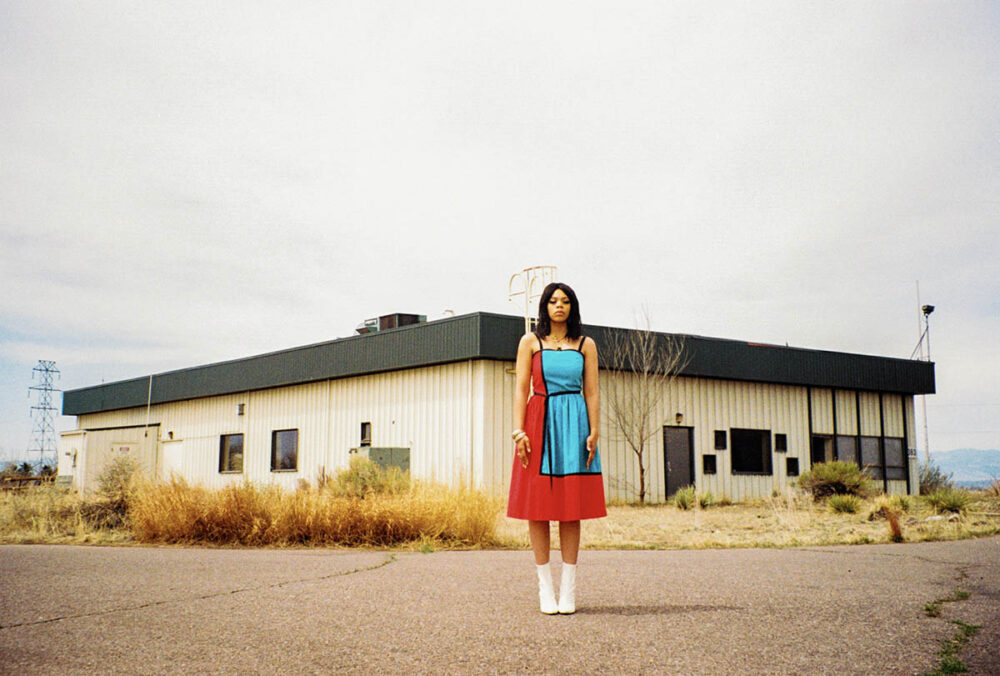
Photographer London Interview 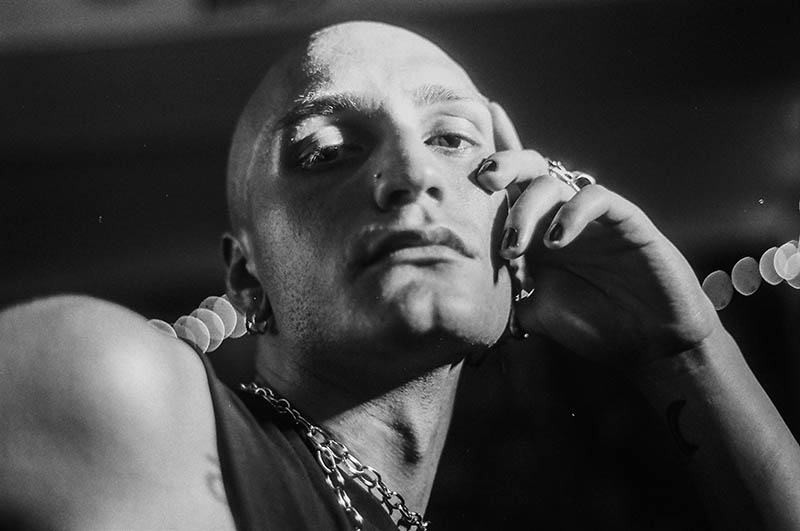
Photographer London Interview
What skills do you need to be a photographer?
I think artists always need to constantly oscillate between self-confidence and profound insecurity in an uncontrolled frequency. Being always confident keeps you from growing, and being too insecure discourages you from doing anything. Now the skills for photography, in particular, I think you don’t need much. Camera technology is so cutting-edge that you actually need the talent to mess up a picture. For the rest, there are no rules. My type of work requires me to put people at ease and to be an approachable human being. I don’t think most of my models would perceive me as intimidating, and this is extremely important to me because it’s supposed to be their moment and I want to exist as little as I can while I photograph them. But I understand that this is my method and it doesn’t consist of absolute truth. If my whole life is performance, photography is when I take a break from it.
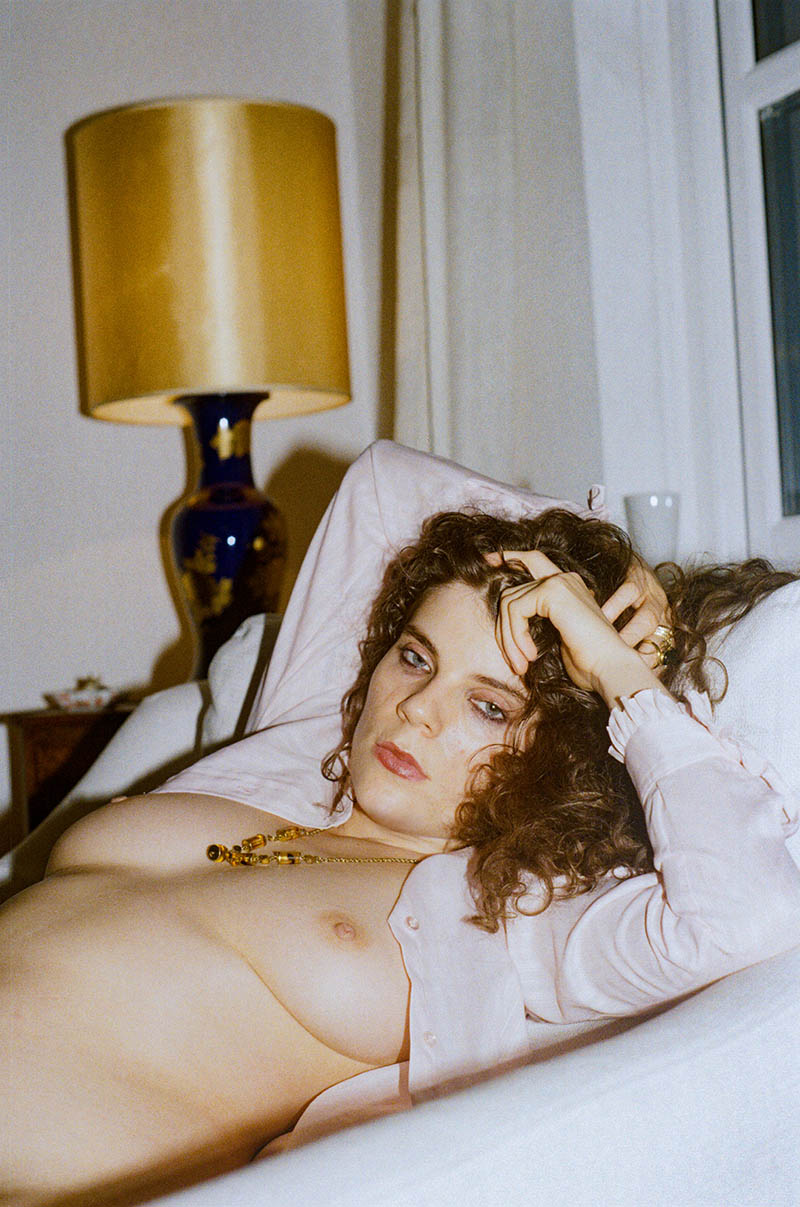
How do you spend your free time? Do you always have a camera with you?
Really not, sometimes I wish I would do it more, but there’s a financial constraint for me due to the cost of the film. Also when I have a camera on me it occupies my thoughts a lot, I look around and keep thinking about what could be done. My way to photograph is a bit slow. I give quite a bit of direction and I like to shoot a personal project when I have an impulse or when I see a new muse. I like to hear myself calling for it when I need it. I can take long breaks and go without shooting for months if I have to. And when I get back to it, I have a new eye.
I think when I shoot too often I see myself running in circles. Taking breaks is necessary for creativity to renew.
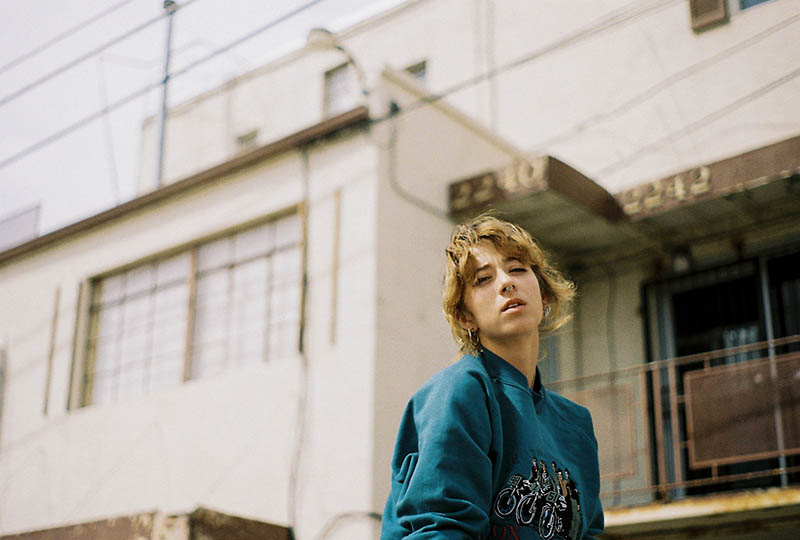
Do you have any upcoming projects that you’d like to share with readers?
I have slowed down and almost stopped my social media activity and most of my recent work has been personal projects that I shot without wondering what their use would be for, and now I gathered many images of my recent travels and I’m dying to start sharing those again so it will start with a Patreon page and hopefully shortly after I’ll start printing my work more. But the next print I’m doing will be a gift for myself. I haven’t allowed myself to see my work printed in years, and at the end of the day, this is how photographs are supposed to be looked at.
Claudia du Lièvre – www.dulievre.com, www.instagram.com/dulievre/



